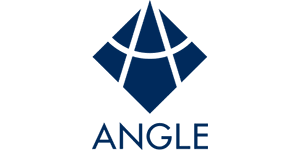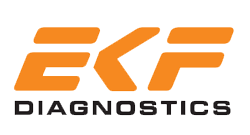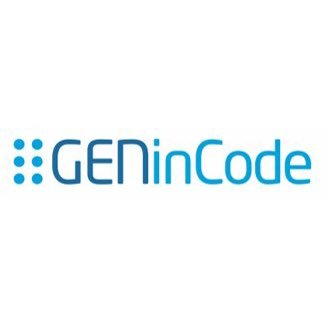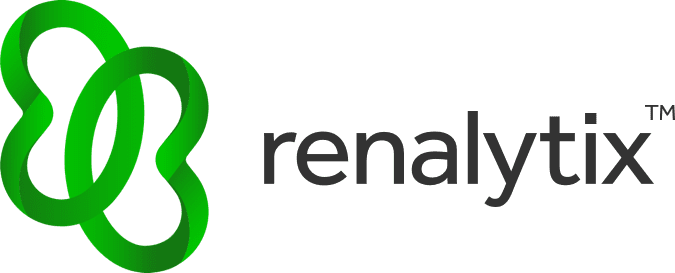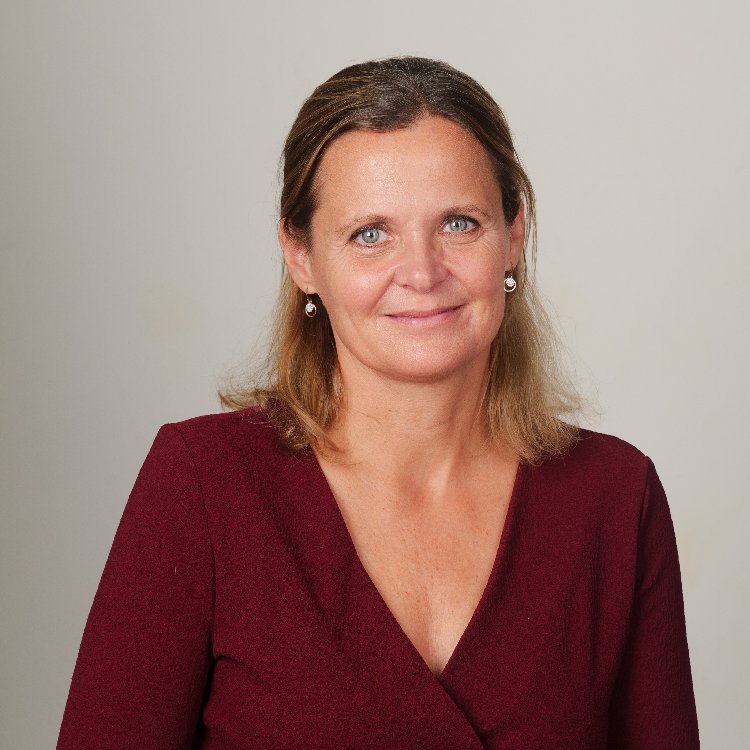Reports menu
The Future of Healthcare
Q3 2024 Commentary
We have sub-categorised the companies we follow under the theme of the Future of Healthcare in one of the following sub-categories:
Biotech & Drug Discovery
The big story this year has continued to be the increase in spending on and interest in the use of GLP-1 agonists previously used purely for diabetes treatment for weight loss, with both Novo Nordisk and Eli Lilly having now had their lead drugs approved for this large problem. Smaller companies are trying to find niches but so far we have not seen any clear contenders in this category. Arecor, and the AIM-listed Irish company Poolbeg are both working on oral delivery of semaglutide as an alternative to injection, but they will need big company funding to make progress.
US sentiment has stabilised, and the Nasdaq Biotech index rose a little over 4% in Q3 and is up 17% from its spring low. AIM quoted stocks with potential funding demands are however far more affected by the lack of liquidity in the AIM market and any company with near- or medium-term requirements for more equity will have seen its share price suffer. Companies across AIM continue to trade at substantial discounts to the (already heavily discounted) valuations analysts are placing on their portfolios. We are aware of at least one proposed equity raise (not for a company we have been involved with) intended to support a phase 1 trial that has been aborted.
Drug development remains time consuming and laborious, despite the claims that Artificial Intelligence (AI) is transforming Research & Development (R&D). There is no way to avoid the need to move from in silico to in vitro then animal then human trials, whilst cash is drained along the way. The UK company Exscientia which went directly to Nasdaq in 2021 with a $2.9bn valuation was taken over this year in a $668m merger. Nasdaq is a bigger and deeper market but US investors are a tough crowd and listing there does not work for smaller companies.
Licensing deals with large companies can promise very substantial milestones and royalties but offer no assurance that development will proceed and the market will apply a very substantial discount rate to them. We have seen some encouraging signs with milestone payments being unlocked in a few cases, though share prices have not always responded as much as might have been anticipated.
Medtech & Diagnostics
The claims made for the Lilly and Novo Nordisk’s weight loss drugs have if anything negatively affected the broader medtech sector in the USA: if there are going to be fewer obese people there will be fewer joint replacements, less of a requirement for diagnostics for kidney problems and for complications of diabetes. However, one of the leading companies in the sector, the $22bn market cap Illumina, which had run into anti-trust issues, recovered 25% in Q3, and competitor Thero-Fisher rose 14%.
FDA approval and then the time taken to commercialise in the US are exhausting of time and cash, and companies consistently seem to underestimate the challenge.
The diagnostics company Renalytix delisted from Nasdaq and AIM is once again its lead market, after having burned through c. $150m. Verici, another EKF spin-off has admitted that FDA/Medicare coverage approval is taking longer than anticipated. Spectral AI which moved entirely to Nasdaq is also awaiting decisions though in their case grant income is easing the path.
Intelligent Ultrasound concluded that they could not afford to continue to develop all their product lines and sold the AI-powered ultrasound diagnostics software to partner General Electric, leaving a rump business which may not stay independent for long. CEO Stuart Gall expressed his regret about UK technology being sold across the Atlantic just as it had been proven.
Consumer Health
Futura’s US launch, in the hands of the healthcare giant Haleon (ex GSK) was about to happen at the end of the quarter. Sceptics seem to ignore the possibility that Haleon might have done its due diligence on the product, and that it would not be spending a reported $50m plus on a launch (including big enough milestones and orders to Futura to move it into profitability) without considerable confidence of success. If Eroxon does succeed in the US market, a bid for Futura from Haleon looks very plausible.
It is symptomatic of the current state of the AIM market that Futura’s move into profitability has left the shares lower.
Skinbiotherapeutics continues to wait for Croda to make a decision on whether to press on with cosmetic use of SBTX’s lysates, and continues to look for acquisitions.
And despite increasing consciousness of the importance of gut health, Optibiotix is still a very small company. The company has historically been profligate in announcements but revenues remain small. At quarter end it was embroiled in an unresolved dispute with former subsidiary Probiotix which has managed to grow revenues and raise enough cash to appear sustainable. We would urge investors to vote in the forthcoming GM.
